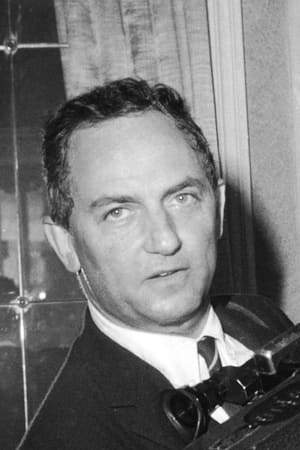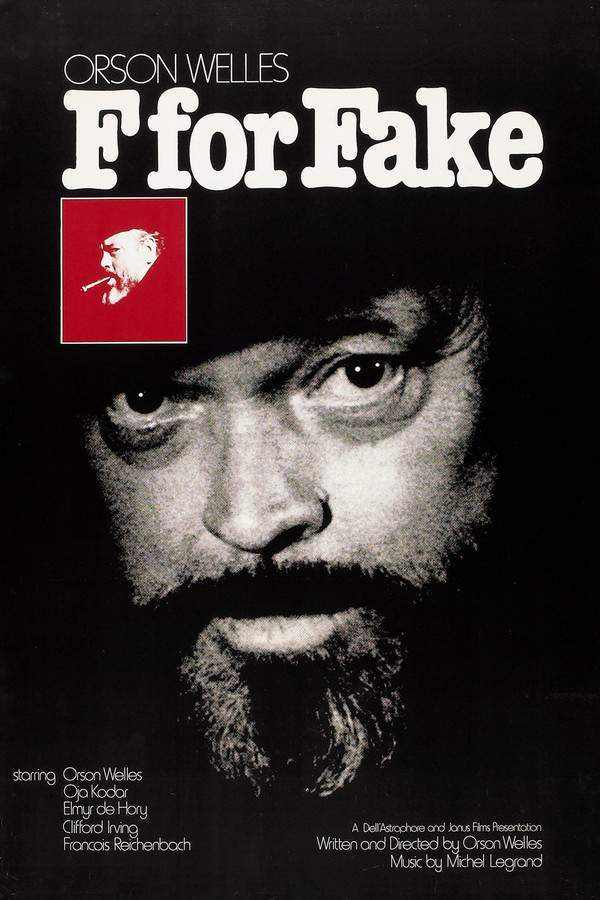
What's After the Movie
François Reichenbach
François Reichenbach was a pioneering French documentary filmmaker whose career spanned nearly four decades, from the mid‑1950s until his death in 1993. Born on 3 July 1921 in Paris to an affluent family of Austrian‑Jewish descent, he was immersed early in a world of art, music, and high‑valued paintings, a heritage that later informed his cinematic eye. His father Bernard was a successful industrialist, while his mother Germaine, a passionate musician, passed her love of sound to him, and his maternal grandfather Gaston Monteux famously collected works by Chagall, Braque, and Picasso, giving the young François a lifelong fascination with visual culture. During World II he fled to Geneva, where he studied music at the Conservatory and obtained Swiss nationality through his paternal grandfather Arnold, a Swiss embroidery magnate; it was there that he first encountered the film world through a friendship with director Gérard Oury. After the war he wrote popular songs for stars such as Édith Piaf before moving to New York, where he worked as an art‑advisor for American museums and sold master paintings, experiences that honed his ability to capture the extraordinary in everyday life. In 1955 he purchased a 16 mm Bell & Howell camera and produced Impressions de New York, a short that won accolades at Tours and Edinburgh and launched his reputation as a documentarian with a “camera in his eye.” Over the next decades he directed more than one hundred documentaries, ranging from portraits of Orson Welles, Yehudi Menuhin, and Arthur Rubinstein to vibrant reports on American culture, French village life, and the world of cigars with Zino Davidoff. His 1960 feature Unusual America shocked audiences with its spontaneous, vérité style, while the 1964 short La Douceur du village earned the Palme d’Or at Cannes, and his 1970 portrait of Rubinstein won the Academy Award for Best Documentary. Reichenbach’s relentless curiosity, his habit of keeping a camera on the back seat of his car, and his belief that “cinema is made by one‑eyed people” made him a unique chronicler of the 20th‑century zeitgeist. He passed away on 2 February 1993 in Neuilly‑sur‑Seine, and his wish to be buried in Limoges was honoured, leaving behind a legacy of over forty films that continue to inspire documentary makers worldwide.
Biography, Career & Filmography
Learn more about François Reichenbach, including a detailed biography, career timeline, personal life insights, and complete filmography. Discover how François Reichenbach rose to fame, their major roles, industry impact, and personal milestones in the world of film.
Given Name: François Arnold Reichenbach
Born: Paris, France
Citizenship: French, Swiss
Birthday: July 3, 1921
Occupations: film director, cinematographer, producer, screenwriter
Years Active: 1954-1993
External Links and Streaming Options
Explore more about on trusted external platforms like Metacritic, TMDb, Wikipedia or IMDb. Find additional details, reviews, and related content to deepen your understanding.
Movies Featuring François Reichenbach

F for Fake

Michel Legrand, sans demi-mesure

Do You Hear the Dogs Barking?

Arthur Rubinstein: The Love of Life

Life Love Death

Spécial Bardot

The Right of the Maddest

Medicine Ball Caravan

13 Days in France

Portrait: Orson Welles

Houston, Texas

Le Paris des mannequins

The Marines

Un metteur en ordre: Robert Bresson

Sex O’Clock USA
Career Timeline
Track the complete movie timeline of François Reichenbach, including all film releases, career breakthroughs, and notable roles. Follow their journey from early performances to recent blockbusters and upcoming projects.

What's After the Movie?
Not sure whether to stay after the credits? Find out!
Explore Our Movie Platform
New Movie Releases (2025)
Famous Movie Actors
Top Film Production Studios
Movie Plot Summaries & Endings
Major Movie Awards & Winners
Best Concert Films & Music Documentaries
Movie Collections and Curated Lists
© 2025 What's After the Movie. All rights reserved.







